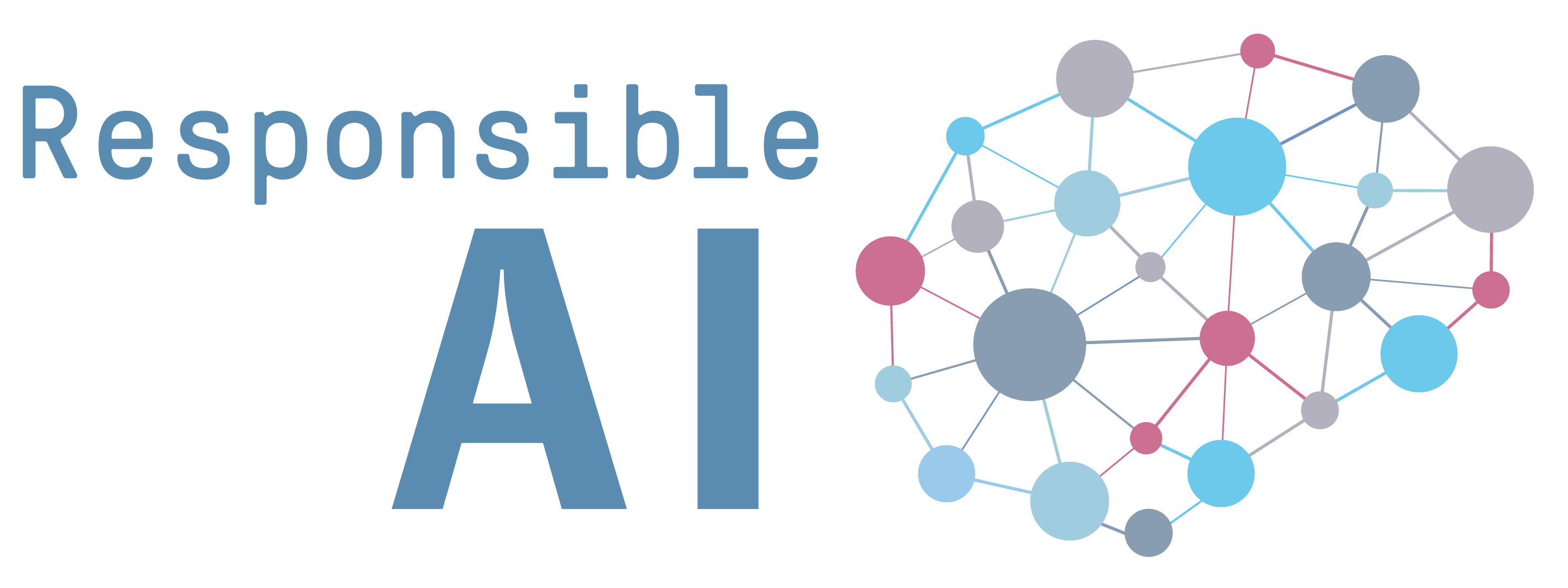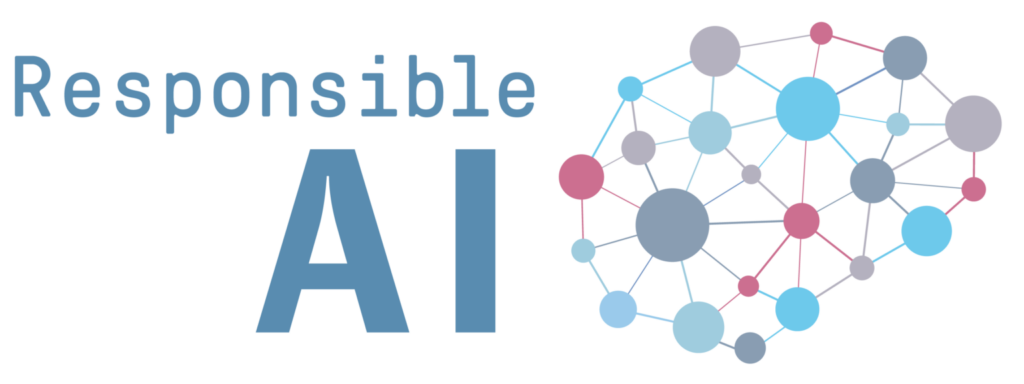
Project
Eva Albers, Vera Borrmann, Philipp Kellmeyer and Oliver Müller collaborate with the project “Human Agency And Brain-computer Interfaces: Understanding Users’ Experiences And Developing A Tool For Improved Consent” led by our colleagues AssocProf Dr Sara Goering and Dr Eran Klein MD (FRIAS Guest Researcher 2019) at the Center for Neurotechnology, University of Washington in Seattle. The project is funded by the National Institutes of Health (NIH).
In particular, we will conduct phenomenological interviews with patients that are or have been treated with neurotechnological devices, for example with deep brain stimulation (DBS) for neurological or psychiatric disorders or brain-computer interfaces for communication or other assistance.
Description of the Project
Neural prosthetic devices for sensorimotor and psychiatric disorders are in development as a priority area of the BRAIN Initiative yet they raise important ethical concerns about human agency. Agency, our ability to act and to take ownership of our thoughts and actions, is central to individual identity and moral responsibility. Although concerns about agency are often raised in the literature on neural prosthetics, agency remains a complex phenomenon that is (1) poorly understood, (2) difficult to study through quantitative or one-off qualitative “outsider” methods, and (3) without resources to help research participants understand agency side effects and engage in meaningful informed consent. In this project, we aim to address these gaps. We will (1) conduct a comprehensive survey of the relevant literature on agency and neurotechnology in order to construct a concept map of neural agency, (2) use a longitudinal and phenomenological interview method to better understand and explore user perspectives on agency, and integrate those perspectives into a user-centered neural agency framework, and (3) develop a communication tool (a question prompt list or QPL) that research participants and patients can use to understand and discuss potential agency effects of neural devices during the informed consent process.
This project is innovative in its assessment of agency across four types of neural prosthetic modalities: communication, sensory, motor, and psychiatric devices. It utilizes a novel method of longitudinal and phenomenological interviews accomplished by embedding ethicists in neural engineering labs, creating the close, collaborative relationships between scientists and ethicists needed for the ethical development of neural technologies. The transdisciplinary and international team assembled for this project has the knowledge, experience, and expertise to successfully complete this project. This project will provide knowledge about human agency that can be incorporated into a QPL tool for improved informed consent for neurotechnology research.
Related publications
- Kellmeyer P. Digital vulnerability: a new challenge in the age of super-convergent technologies. Bioethica Forum. 2020. accepted for publication.
- Kellmeyer P. Artificial intelligence in basic and clinical neuroscience: scientific opportunities and ethical challenges. Neuroforum. 2019. https://doi.org/10.1515/nf-2019-0018
- Kellmeyer P, Chandler, J, Cabrera, L, Carter, A, Kreitmair K, Weiss A, Illes J. Neuroethics at 15: The Current and Future Environment for Neuroethics. AJOB Neuroscience. 2019. Online first. https://doi.org/10.1080/21507740.2019.1632958
- Kellmeyer P, Grosse-Wentrup M, Schulze-Bonhage A, Ziemann U, Ball T. Electrophysiological correlates of neurodegeneration in motor and non-motor brain regions in amyotrophic lateral sclerosis – implications for brain-computer interfacing. J. Neural Eng. 2018 Aug;15(4):041003. https://doi.org/10.1088/1741-2552/aabfa5
- Kellmeyer P. Big Brain Data: On the Responsible Use of Brain Data from Clinical and Consumer-Directed Neurotechnological Devices. Neuroethics. Online First, May 19th 2018. https://doi.org/10.1007/s12152-018-9371-x
- Yuste, R., Goering S., […], Kellmeyer P, Klein E, […] et al. Four ethical priorities for neurotechnologies and AI. Nature 551, 159 (2017). https://doi.org/10.1038/551159a
- Kellmeyer P, Cochrane T, Müller O, Mitchell C, Ball T, Fins JJ, Biller-Andorno N. The Effects of Closed-Loop Medical Devices on the Autonomy and Accountability of Persons and Systems. Cambridge Quarterly of Healthcare Ethics. 2016 Oct; 25(4): pp. 623-33. https://doi.org/10.1017/S0963180116000359


